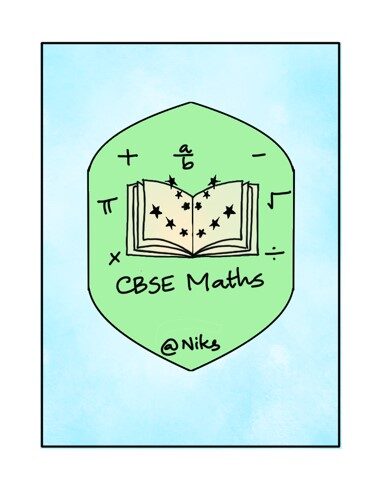Note that a function of the form \(f(x)=\sqrt{x}\) is a real-valued and well-defined function only if \(x\ge 0.\)
Thus, here, we must have \(x \ge 0.\)
Taking \(-\sqrt{x+2}\) to the right-hand side of the equation, we have:
\(\sqrt{x}+\sqrt{x+1}=\sqrt{x+2}, ~ ~ ~ \) where \(x\ge 0.\)
Squaring both sides of the above equation, we get:
\(({\color{red}{\sqrt{x}}}+{\color{blue}{\sqrt{x+1}}})^2=(\sqrt{x+2})^2\)
\(\implies ({\color{red}{\sqrt{x}}})^2 +({\color{blue}{\sqrt{x+1}}})^2+2({\color{red}{\sqrt{x}}})({\color{blue}{\sqrt{x+1}}})=x+2 ~ ~ ~ ~ ~ ~ ~ (\because ({\color{red}{a}}+{\color{blue}{b}})^2={\color{red}{a}}^2+{\color{blue}{b}}^2+2{\color{red}{a}}{\color{blue}{b}})\)
\(\implies x+(x+1)+2\sqrt{x}\sqrt{x+1}=x+2\)
\(\implies {\color{orange}{2\sqrt{x(x+1)}}}=x+2-x-x-1={\color{orange}{1-x}}\)
Note that \(x\le 1.\)
If not, then \(x \gt 1.\) This means that \(1 \lt x\implies {\color{orange}{1-x}} < 0\implies {\color{orange}{2\sqrt{x(x+1)}}} <0\implies \sqrt{x(x+1)}<0.\) Since this cannot be possible, we must have \(x \le 1.\)
Thus, we have \(0\le x \le 1\) and \(2\sqrt{x(x+1)}=1-x.\)
\(\implies (2\sqrt{x(x+1)})^2=(1-x)^2 \implies 4x(x+1)=1^2+x^2-2x\implies 4x^2+4x=1+x^2-2x\)
\(\implies 3x^2+6x-1=0,~ ~ \) where \(0\le x \le 1.\)
Using the quadratic formula, we get \(x=\frac{-6\pm \sqrt{6^2-4(3)(-1)}}{2(3)}=\frac{-6\pm 4\sqrt3}{6}~ ~ ~ (\because 48=16\times 3\implies \sqrt{48}=4\sqrt3).\)
\(\implies x=-1\pm \frac{2}{\sqrt3}\)
Since \(0 \le x \le 1,\) we ignore \(x=-1-\frac{2}{\sqrt3}\) and take \(0< {\color{darkgreen}{x=-1+\frac{2}{\sqrt3}}}< 1.\)
Thus, the solution to the given equation is \(-1+\frac{2}{\sqrt3}.\)
